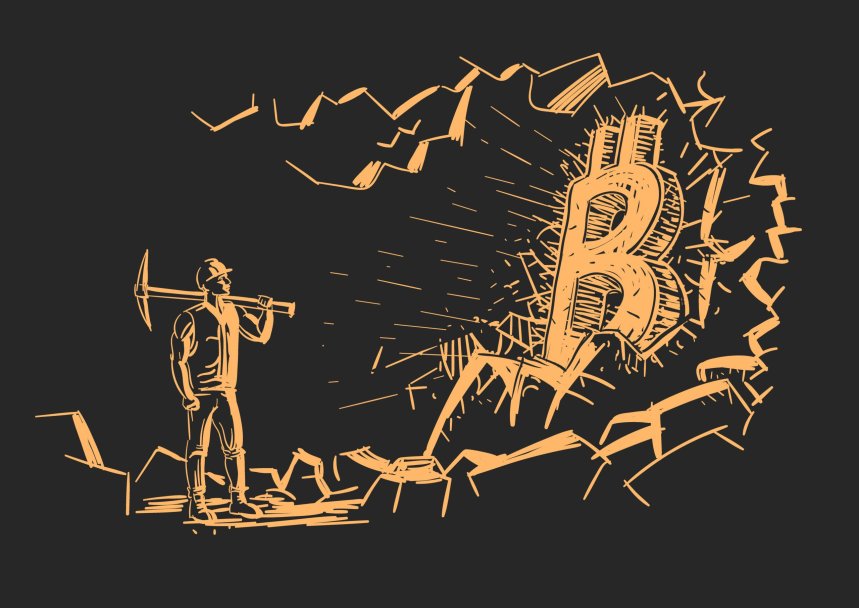Bitcoin’s recent volatility did some severe technical damage to its market structure, and also led to mass capitulation amongst BTC miners, with the crypto’s decline from $10,500 to lows of $3,800 making it no longer profitable for many smaller mining operations.
Miner’s ongoing capitulation is illustrated while looking towards Bitcoin’s hash rate, which has seen a significant decline over the past three weeks.
The decline may be far from over, as a few simple factors seem to suggest that more miners may capitulate in the near-term.
Bulls, however, may be pleased to learn that there’s a strong chance that this decline in hash rate may ultimately be a positive thing for Bitcoin’s price, with the capitulation of smaller miners potentially alleviating some of the selling pressure on the crypto.
Bitcoin’s Hash Rate Continues Dropping: Down 20% From All-Time Highs
Bitcoin’s hash rate – which represents the terahashes per second (TH/s) that are performed by the BTC blockchain – is often looked upon as an indicator of the cryptocurrency’s fundamental network strength.
Its hash rate has declined significantly over the past few weeks in tandem with Bitcoin’s price, plummeting from its all-time high of roughly 125 million TH/s in early-March to its current levels at roughly 100 million TH/s – a 20% drop.
This plunge has come about as BTC shows signs of technical weakness, with its recent selloff leading many smaller miners to shut off their rigs due to being unprofitable.
Here’s Why a Declining Hash Rate May be Bullish for BTC
Although some see a declining hash rate as being emblematic of underlying network weakness, it may actually be a sign that Bitcoin is poised to see a notable rally in the near-term.
Miners offer the crypto markets with a steady stream of selling pressure, selling their earned BTC for fiat currency in order to fund their operations.
This is particularly true when it comes to smaller mining operations, as the large ones are able to operate at unprofitable levels due to having massive reserves of capital.
When Bitcoin’s price declines so sharply that it is no longer profitable to mine, many smaller operations temporarily wind down their rigs, while the larger operations hold their acquired BTC in hopes of selling it for a profit at more favorable prices.
That being said, a declining hash rate may signal that Bitcoin is about to see the stream of selling pressure provided by miners wane, giving the benchmark crypto significant room to rally.
This number will likely further decline in the near-term as well, the crypto’s upcoming mining rewards halving and current technical weakness may make mining BTC even more unprofitable.
Featured image from Shutterstock.
